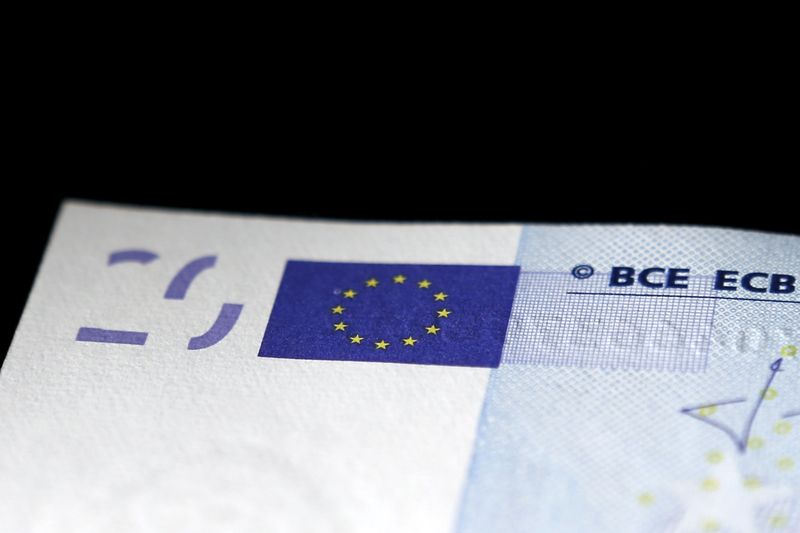Political Polarization in Europe threatens Euro stability amid rising extremism
The euro faces mounting pressure as escalating political polarization in Europe, particularly in Germany, raises alarms over the currency's stability, Macquarie pointed out on Tuesday.
Recent state elections in Germany, where far-left and far-right parties captured nearly half of the votes in Thuringia and Saxony, have deepened concerns about the potential unraveling of centrist governance.
Macquarie analysts note that the rise of extremist parties in Germany mirrors the political upheaval seen in France’s June parliamentary elections, where centrist parties also suffered significant losses.
They noted that the growing strength of fringe parties on both ends of the spectrum poses a medium-term risk to the euro, particularly if they make further inroads into government or if Germany's current coalition collapses ahead of the 2025 federal elections.
This political uncertainty is not just a domestic issue but also a broader challenge for the euro area. Germany’s manufacturing sector, already under strain from the loss of Russian energy supplies and competition from China in the electric vehicle market, could see further pressure as political instability complicates policy responses, as per Macquarie analysts.
Volkswagen (ETR:VOWG_p )'s consideration of plant closures in Germany highlights the deepening impact of these economic challenges.
Moreover, the election results in Germany exacerbate fears of a more fragmented political landscape, making it increasingly difficult for mainstream pro-market parties to govern effectively.
The situation recalls the difficulties faced in France, where the National Assembly remains without a stable governing coalition following the rise of far-right and far-left factions.
With the Brandenburg state election looming on September 22, current opinion polls suggest a continued decline in support for Germany's mainstream parties, raising the specter of a potential breakup of the federal coalition before the next scheduled elections in 2025.
Such an outcome could breach the political "cordon sanitaire" that has historically kept extreme parties out of government, leading to higher deficits, rising sovereign risk, and protectionist policies—all of which could weigh heavily on the euro, as per the analysts.
This article was generated with the support of AI and reviewed by an editor. For more information see our T&C.
Source: Investing.com
